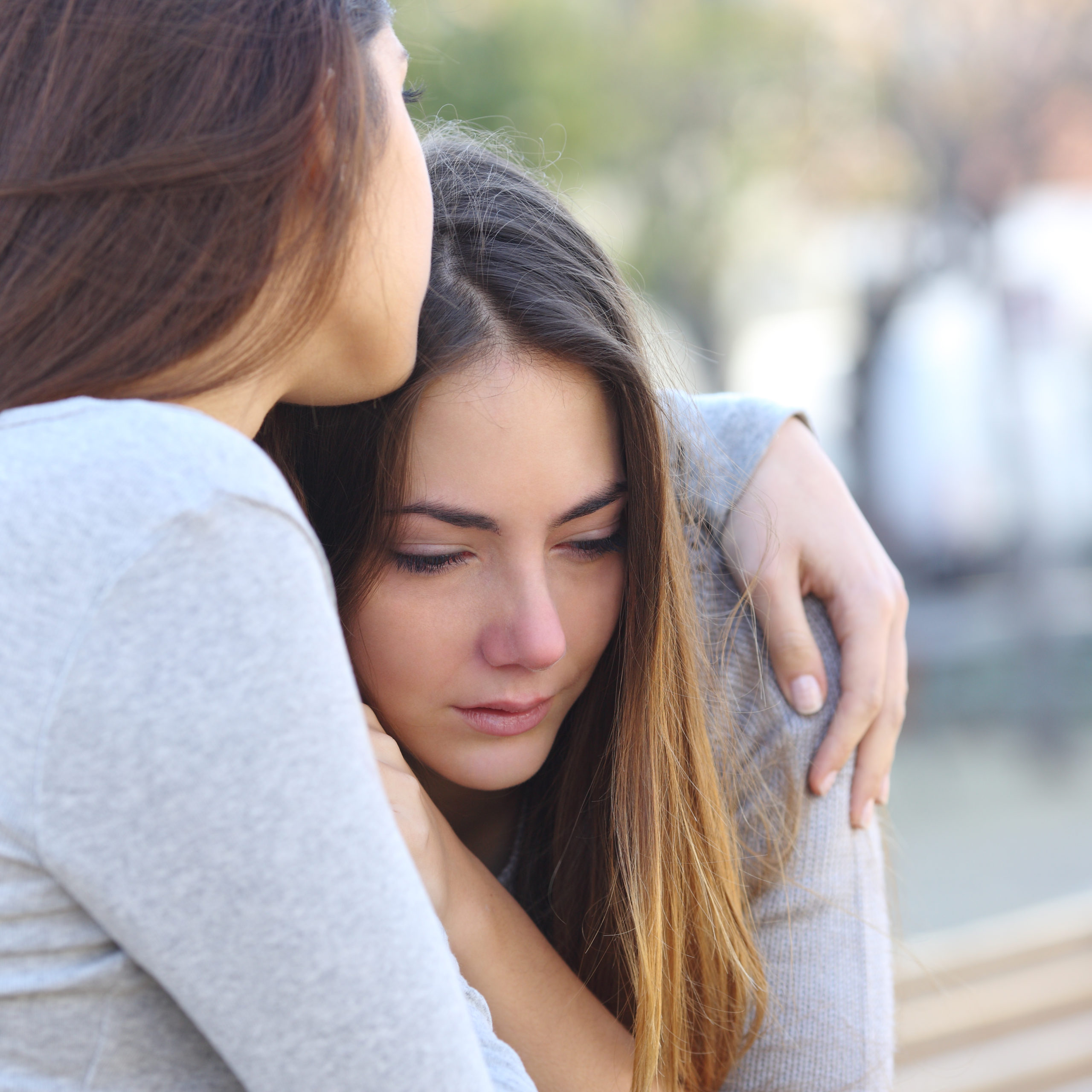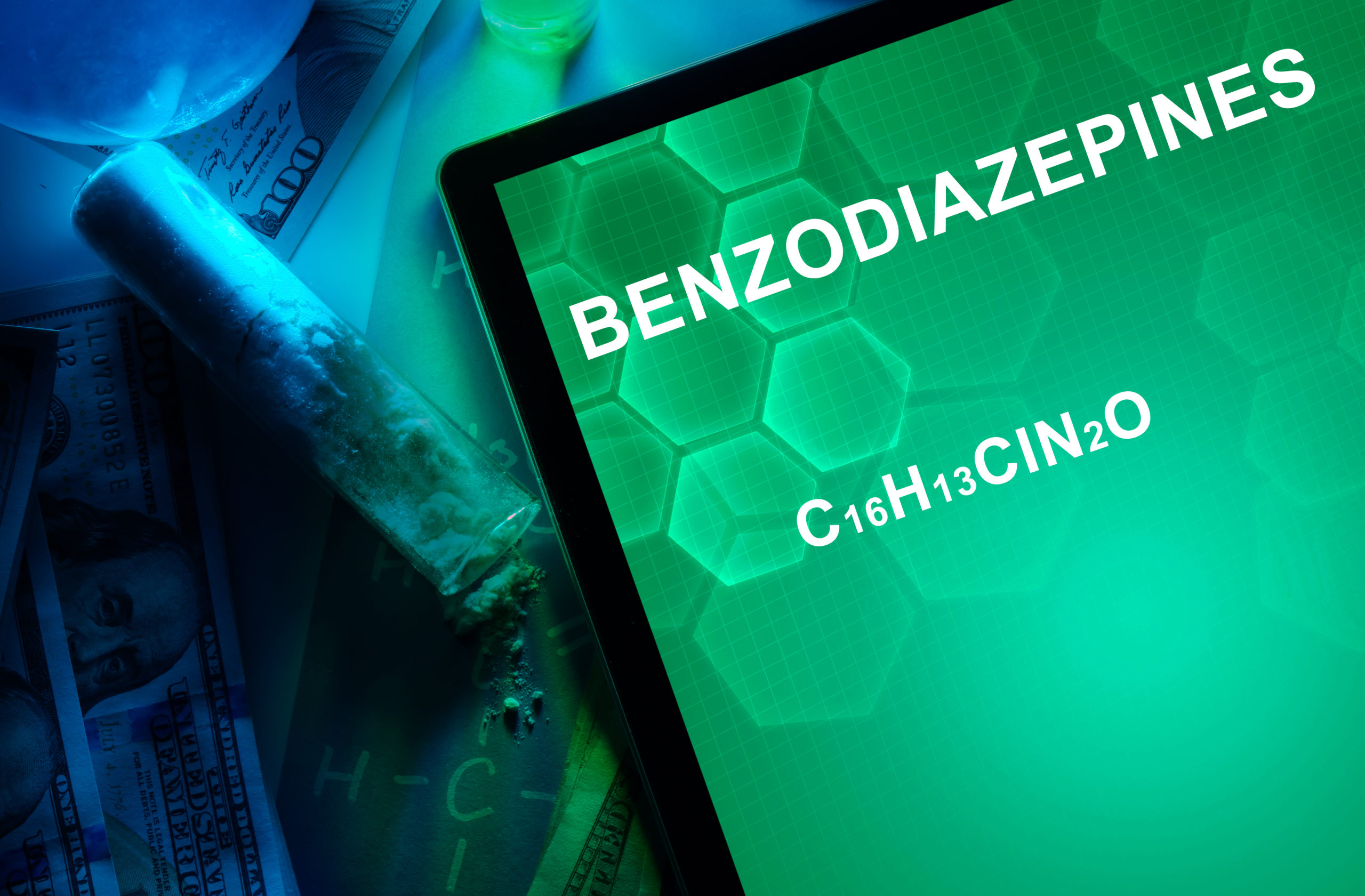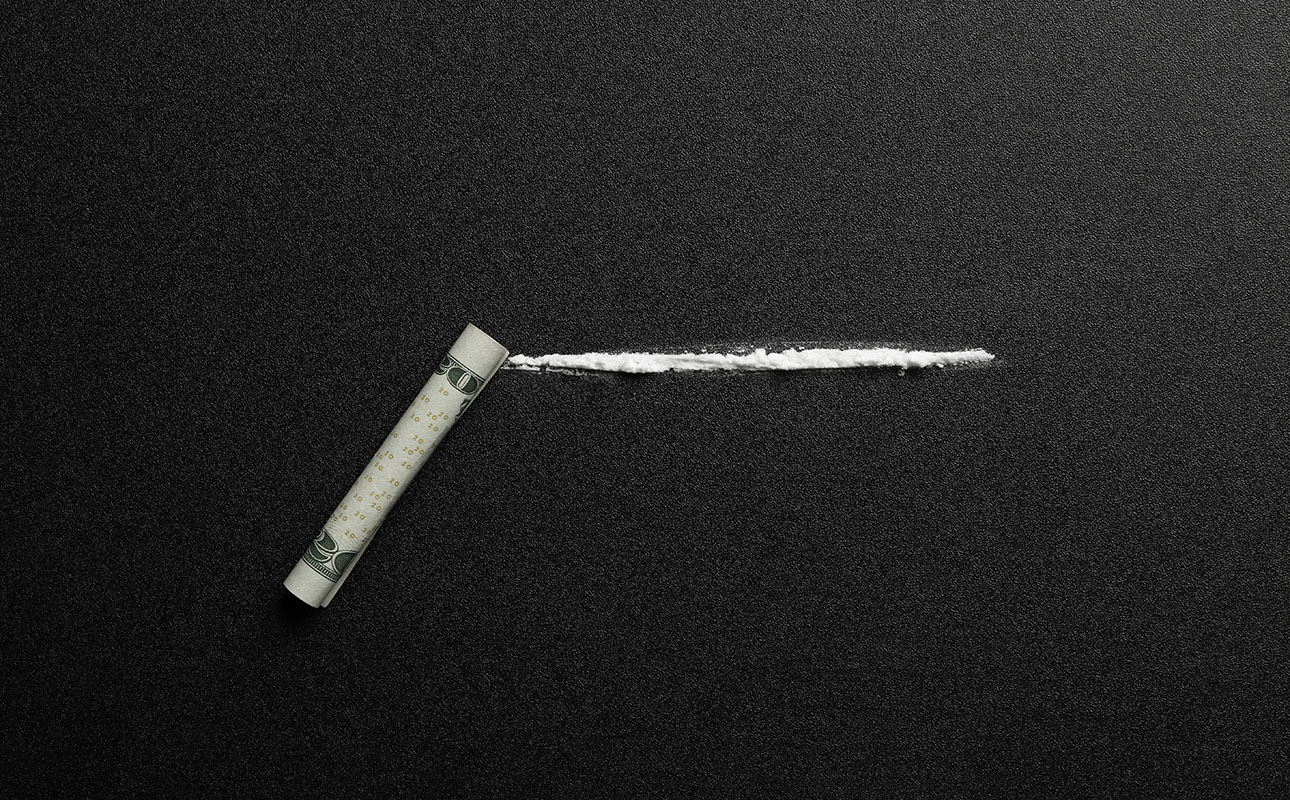The unfortunate reality is that almost all of us have some touchpoint with addiction these days. Be it direct personal experience or that of a friend, family member or a more distant acquaintance, we all know someone or know of someone that’s been pulled in by it.
Across every walk of life, addiction can rear its ugly head and in that sense, substance abuse doesn’t discriminate.
As recently as 2017, 11.2% of people aged 12 and up had used an illicit drug in the past month.
While opioids are of course the clear and present danger, addiction isn’t limited to them. From benzos to meth to cocaine, many illicit and legal substances pose a risk across the board.
It’s not just the health crisis that we have to be aware of with respect to drugs, though that should always be the number 1 concern, there’s also a profound economic impact. Between illicit drugs and prescription opioids, it was estimated that the annual cost related to crime, lost work productivity and health was roughly $271.5 billion. When you add alcohol, that number balloons to $520.5 billion.
The silver lining to this dark, dark cloud is that today, more than ever, there are robust treatment options available for those suffering from addiction.
What Is an Addiction to Drugs?
Before getting into the signs and symptoms of addiction, we need to understand what exactly it is.
For that, we can go to the American Society of Addiction Medicine (ASAM), who defines it as such, “Addiction is a treatable, chronic medical disease involving complex interactions among brain circuits, genetics, the environment, and an individual’s life experiences. People with addiction use substances or engage in behaviors that become compulsive and often continue despite harmful consequences.”
What Are the Signs That Someone Is Abusing Drugs?
The signs of someone addicted to drugs are plentiful and keeping an eye out for them can help stave off the worst parts of addiction and save a life. Substance abuse presents itself in the 3 key ways; physically, psychologically and behaviorally, here’s what to look for:
Behavioral Signs of Addiction
- Becoming overly secretive about what they’re doing and their whereabouts
- Increasingly disregarding responsibilities like school, work and family obligations
- Inadequate and weak performance at school or work
- No interest in activities and hobbies they once enjoyed
- Suddenly get a new set of dubious and even suspicious friends
- Participating in high-risk behavior while under the influence
- Inability to stop or cut back on drugs, even when trying
- Borrowing or stealing to get drugs
- General financial stress
Psychological Signs of Addiction
- Mood swings
- Anxiety and paranoia
- Irritability and outbursts
- Shifts in attitude and personality
- Unmotivated and lethargic
Physical Signs of Addiction
- Abrupt weight loss and general lack of appetite or, conversely, weight gain
- Bloodshot eyes
- Interrupted or drastically changed sleep patterns and insomnia
- Impaired speech and coordination
- A general worsening of appearance and a lack of attention and neglect for personal grooming and hygiene
How to Get Someone Help With an Addiction
If you see any of the above signs that someone is abusing drugs it’s imperative to act swiftly. That doesn’t necessarily mean confronting them immediately though as it’s a very delicate and fragile thing. The last thing you want them to feel is that you’re attacking them which could end up pushing them further away.
At Addiction Treatment Solutions we understand how precarious that place can be both for the user as well as the family and friends and have spent years developing a network of leading treatment facility partners. Give us a call and let’s talk through the next step together because nothing is more important than getting your loved one onto the path of recovery.







